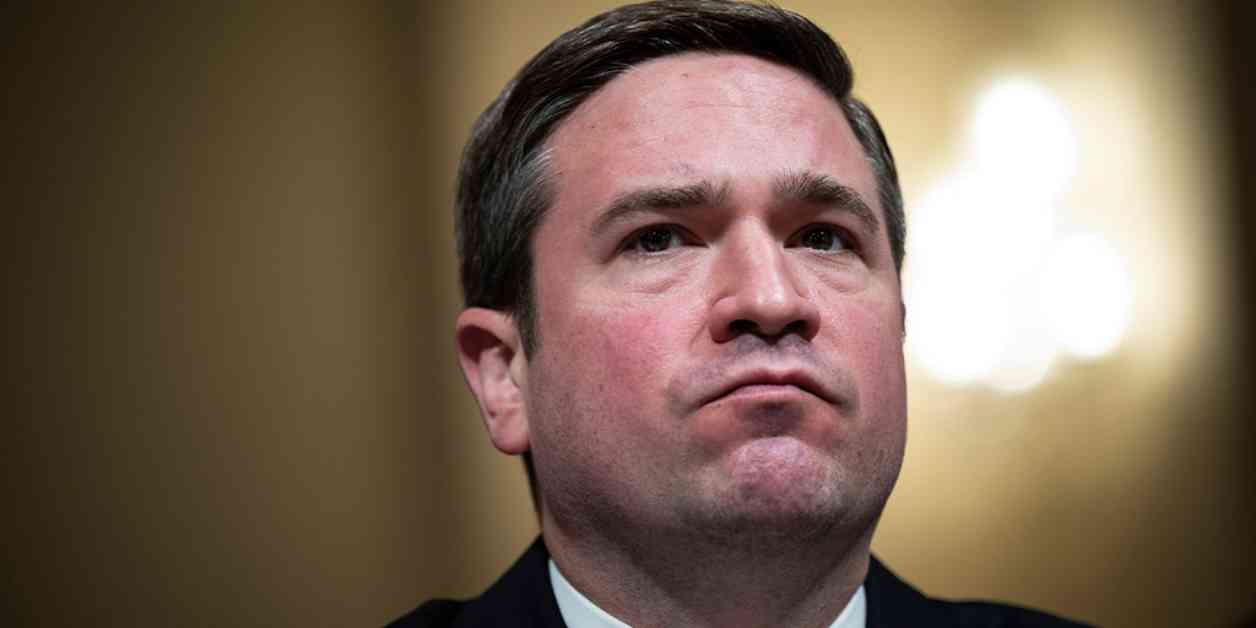Missouri Attorney General Andrew Bailey recently announced his intention to file a lawsuit against the state of New York for what he described as an “unconstitutional attack on our democratic process through lawfare against President Trump.” Bailey expressed his concerns during an episode of his podcast, “The Bailey Wire,” where he emphasized the importance of restoring the rule of law in the face of what he believes to be illicit prosecutions targeting the former president.
Bailey’s primary argument revolves around the notion that radical progressives in New York are attempting to manipulate the 2024 election by pursuing legal action against Trump. He firmly believes that such actions infringe upon the rights of Missourians to participate in a free and fair electoral process. As a result, Bailey has decided to take legal action against New York, with the lawsuit expected to go directly to the U.S. Supreme Court under the title “Missouri vs. New York.”
In a further development, Bailey’s office initiated an investigation into the Justice Department’s potential involvement in the prosecution of former President Trump. He raised concerns about the coordination between the DOJ and prosecutors handling Trump’s case, highlighting the transfer of a high-ranking DOJ official to the Manhattan District Attorney’s office as evidence of potential collaboration. Bailey also pointed out that Manhattan DA Alvin Bragg’s pursuit of civil litigation against Trump, in conjunction with New York AG Letitia James, may have been influenced by political motives.
Bailey’s suspicions regarding the Biden administration’s involvement in the legal actions against Trump stem from the timing of the charges and their perceived impact on Trump’s political activities. He suggested that the charges were strategically brought forth to hinder Trump’s campaign efforts, thereby benefiting President Biden. Bailey’s claims underscore the complexity of the legal and political dynamics surrounding the prosecution of former President Trump.
As the legal battle between Missouri and New York unfolds, it raises broader questions about the intersection of law, politics, and democracy in the United States. The implications of this lawsuit extend beyond the specific case of President Trump, touching on fundamental principles of justice and fairness in the American legal system. The outcome of this legal dispute could have far-reaching consequences for future electoral processes and the accountability of public officials at all levels of government.
In conclusion, Missouri Attorney General Andrew Bailey’s decision to sue New York over alleged unconstitutional lawfare against President Trump reflects a larger debate about the rule of law and political interference in legal matters. The lawsuit underscores the importance of upholding democratic principles and ensuring that legal proceedings are conducted fairly and transparently. As this legal battle progresses, it will be essential to consider the broader implications for democracy and governance in the United States.





















